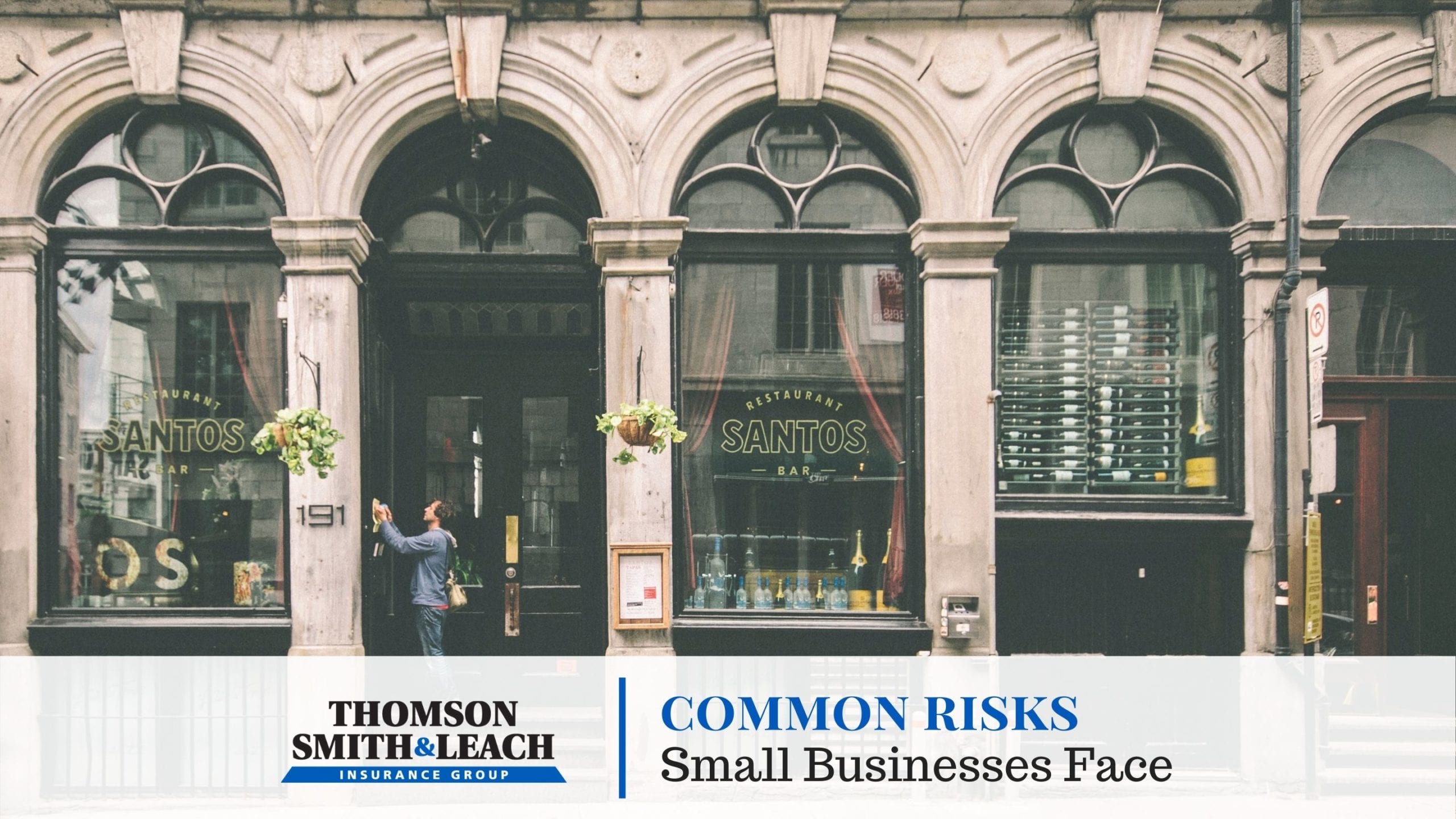Running a small business can be very rewarding but can be equally dangerous because of the number of risks a business owner has to take. Unfortunately, many business owners don’t fully understand their potential risks and make the mistake of building a “best-case scenario” business plan. This type of plan isn’t the safest course of action. Knowing the common risks your small business can face and what kind of commercial insurance solutions are best can moderate the risk impact if it becomes a reality.
Small businesses and startups often work on a tight budget. As a result, it might be tempting to skip certain insurance types that aren’t required by law. A survey of 30,000 business owners conducted by Next Insurance found that 44% of responding businesses have never had insurance at all. The first step is being aware of all of your potential risks. Here are three common threats small business owners face.
Liability losses
You can be the best strategic planner out there, but some unfortunate surprises will happen. For instance, an employee can sustain a personal injury on the job due to their actions or negligence. A customer or vendor can sustain a bodily injury on your premises. An employee can cause property damage, or you can lose revenue because of a false or defamatory claim. These are all unexpected occurrences that can destroy your business if you don’t have the proper insurance in place.
With a professional insurance advisor’s help, you can identify, analyze, and properly handle your organization’s liability loss exposures by obtaining Liability Insurance.
Protecting your property
The largest asset of your small business is likely your property, which is your small business’s long-term security- making it essential to evaluate your risks of that property and form a plan to manage those risks.
Start by taking a complete inventory of all your assets to determine how a loss might affect your business and how much coverage you need. These assets may include your building and its contents, owned or leased equipment, and outdoor fixtures, such as fences and signs.
Property insurance covers two types of property losses. The first type would be a direct loss, which covers lost, stolen property, or destroyed by a covered peril. The second type is indirect or consequential loss, which is a loss of income or an increase of expenses resulting from being unable to use business property or equipment.
Talk with a professional insurance advisor to find a tailored insurance package that meets your business’s needs.
Flood Insurance
There’s always the potential of a flood happening to your property in the south, even if you’re in a low-risk area. While tropical storms and hurricanes cause some floods, most occur due to thunderstorms, heavy rains, rapid snowmelt, and breaches of levees or dams. Regardless of how it happens, even a minor flood can cause significant damage.
Standard property insurance policies specifically exclude flood damage, which means you could be out of pocket for the loss. Your TSL insurance professional can advise you regarding flood insurance options that work best for your business.
Don’t let your hard work as a small business owner be jeopardized by the unexpected. Call a TSL insurance advisor today who is trained to understand the market landscape to book a free consultation. They can walk you through all the potential risks of your business and give you options on how to prepare for the unexpected.


Recent Comments